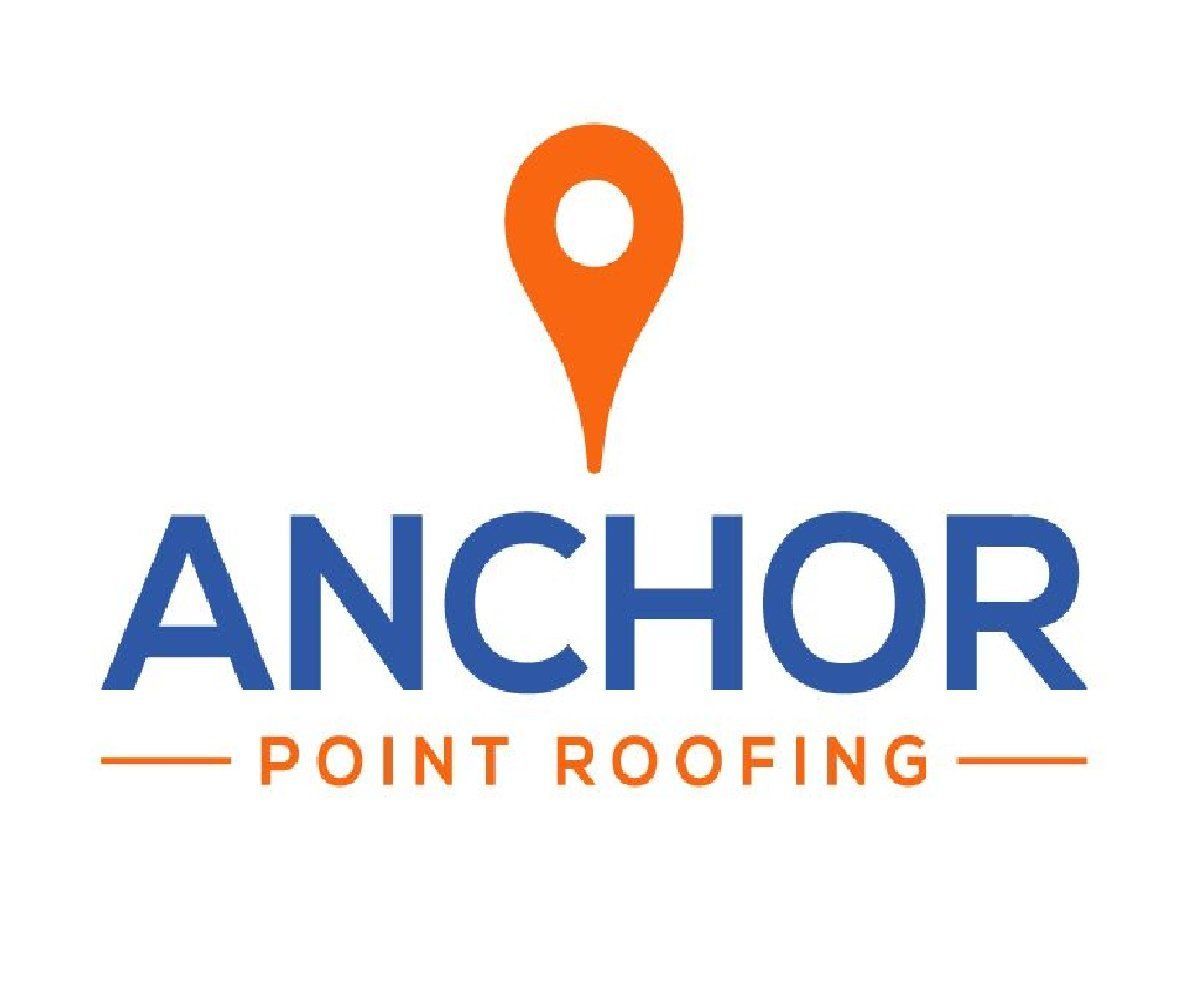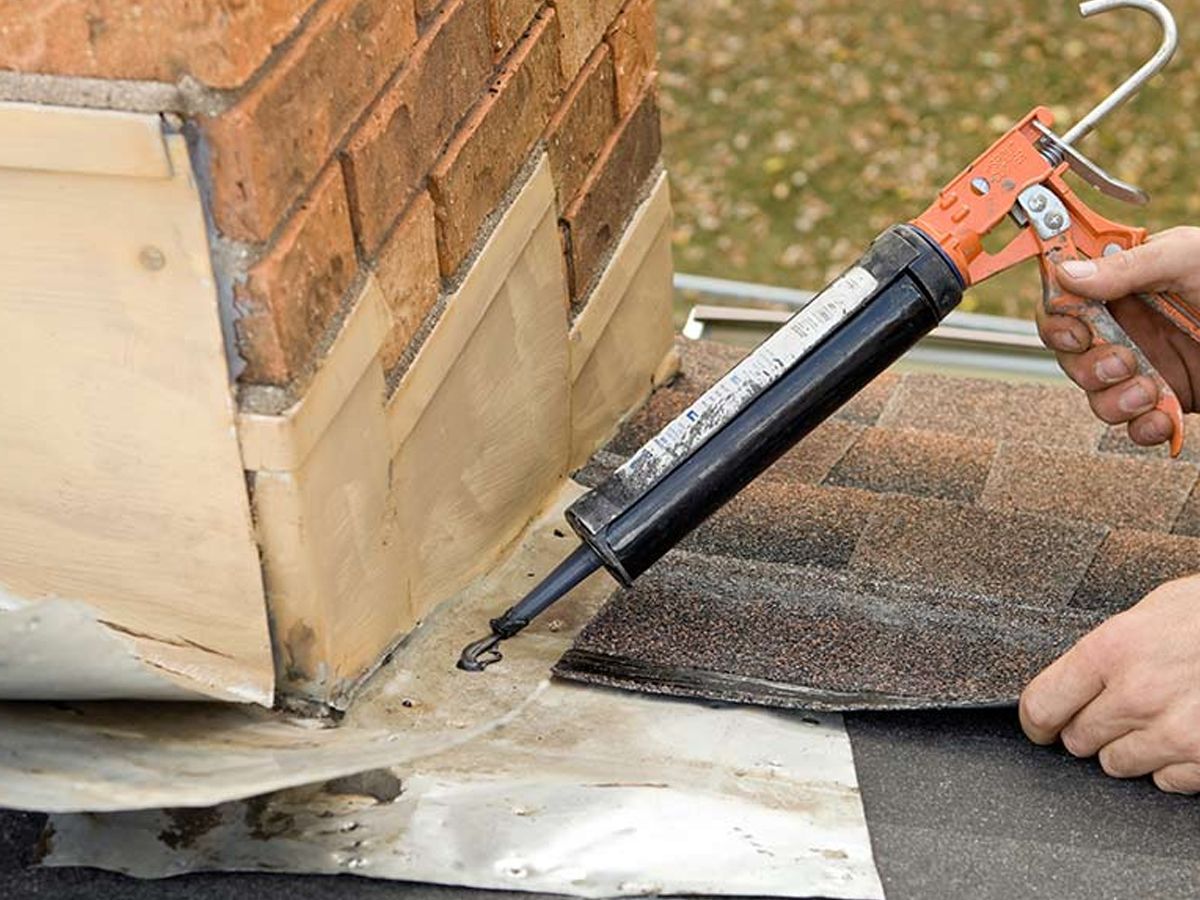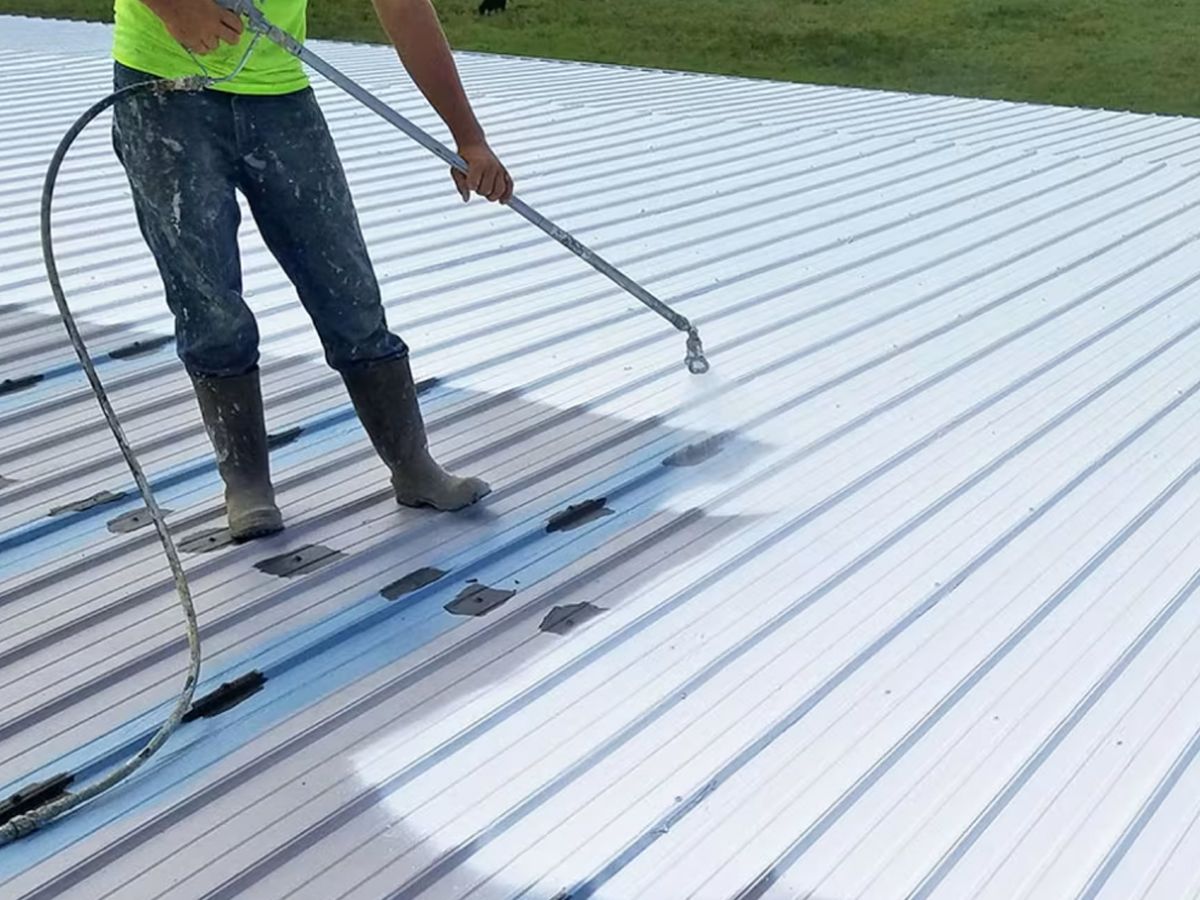About The Author
ANCHOR POINT ROOFING
Choosing the ideal roof warranty can be a bewildering task for many homeowners. With an array of warranties offered by manufacturers and contractors, you may find yourself at crossroads.
This guide will simplify all you need to know about different types of roof warranties, what they cover, and factors to consider before choosing one.
UNDERSTANDING THE DIFFERENT TYPES OF ROOF WARRANTIES
Roof warranties come in various types, including the manufacturer’s warranty that covers defects in materials, workmanship warranty provided by roofing contractors to protect against installation errors, material warranty offering coverage for specific roofing materials, lifetime warranty providing longer-term protection, and extended warranties giving additional peace of mind.
Each type has its terms and conditions, so it’s essential to understand them before deciding.
WORKMANSHIP WARRANTY

A workmanship warranty, or a roofing contractor’s warranty, is integral to any roofing project. This type of warranty covers installation errors the roofing contractor makes during the roof installation process.
If your new roof develops problems due to faulty installation techniques, it falls under this warranty rather than the manufacturer’s. The duration of a workmanship warranty varies by each reputable roofing contractor – some offer year-long coverage, while others may provide you with decades of protection.
Understanding this aspect when evaluating different warranties is essential because labor costs for necessary repairs or replacements can add up quickly.
MATERIAL WARRANTY
A material warranty, also known as a manufacturer’s warranty, protects you from defects in roofing materials. The manufacturer issues this type of roof warranty and primarily covers issues related to premature aging, cracking or other types of damage due to faulty production of the roofing shingles or any other part.
However, reading through your material warranty thoroughly is essential because it typically only covers specific parts of your entire roof system. The coverage can range depending on the brand and quality of your chosen roofing material.
LIFETIME WARRANTY
The right material selection is one of the most important things in roof sealing. With the right sealing material, you can get long-lasting protection and durability of the roof and the prevention of leaks and damage.
Talking about the mistakes, one of the most common mistakes that we get in the process is incompatible material selection. When the roof material and the sealant are not made for each other, then there can arise many different issues and potential damage. Another mistake is that we often neglect the climate consideration before we head on to buying the sealant. A sealant that is incompatible with the climate will not last long, and hence, you will need a replacement for the roof sealing. The other mistakes include the low-quality product that is a risk to the longevity and the roof, and thus, the repairs are needed frequently. People look for cheaper options, and hence, what happens is that they tend to lose their money on it and face performance issues.
So, to avoid these issues, you must look for the compatible stealing option and ask the shopkeeper about the compatibility of the sealant with your roofing material. Look for the materials that were suitable previously. Always go for the recognized brands, and don’t waste money on the cheap ones.
EXTENDED WARRANTY
An extended warranty is an additional level of protection that can provide you with peace of mind regarding your roof. While a standard manufacturer’s warranty typically covers defects in materials, an extended warranty goes beyond that and offers extra coverage for a more extended period.
If any issues arise with your roof after the initial warranty expires, the extended warranty will still cover you. Not all roofing contractors offer extended warranties, so choose one who does if this added protection is essential to you.
FACTORS TO CONSIDER WHEN EVALUATING ROOF WARRANTIES
When evaluating roof warranties, it’s crucial to consider the coverage period, transferability, exclusions and limitations, and maintenance requirements.

Transferability is an essential factor to consider when evaluating good roof warranties. This refers to whether or not the warranty can be transferred to a new homeowner if you decide to sell your property.
Some warranties are fully transferable, which can be passed on to the new owner without additional fees or paperwork. On the other hand, some warranties are non-transferable, which means they are only valid for the original homeowner and cannot be transferred.
It’s essential to understand the transferability of a warranty to know what will happen if you decide to sell your home in the future.
EXCLUSIONS AND LIMITATIONS
Exclusions and limitations are essential aspects to consider when evaluating roof warranties. These are the specific conditions or circumstances that may void or limit the coverage provided by the warranty.
Standard exclusions and limitations can include damage caused by natural disasters, such as hurricanes or earthquakes, improper maintenance or repairs done by unauthorized individuals, and failure to comply with the manufacturer’s installation requirements.
MAINTENANCE REQUIREMENTS
To maintain warranty coverage for your roof, it’s crucial to understand the maintenance requirements set by the manufacturer. Regular and proper maintenance is essential to ensure your roof remains in good condition throughout its lifetime.
This includes keeping the roof free from debris, such as leaves and twigs, which can cause water buildup and potential damage. Inspecting your roof periodically for any signs of wear or damage and addressing them promptly is also essential.
CONCLUSION
Understanding the different types of roof warranties is crucial when protecting your investment. Whether it’s a manufacturer’s warranty, workmanship warranty, material warranty, lifetime warranty, or extended warranty, each offers its benefits and coverage.
Factors like coverage period, transferability, exclusions and limitations, and maintenance requirements should also be carefully evaluated. By choosing a reputable roofing contractor with good workmanship warranties and ensuring proper installation techniques are followed, you can maintain warranty coverage for years.
Ready to start your construction project? Contact Anchor Point today and let our team of experts bring your vision to life.





